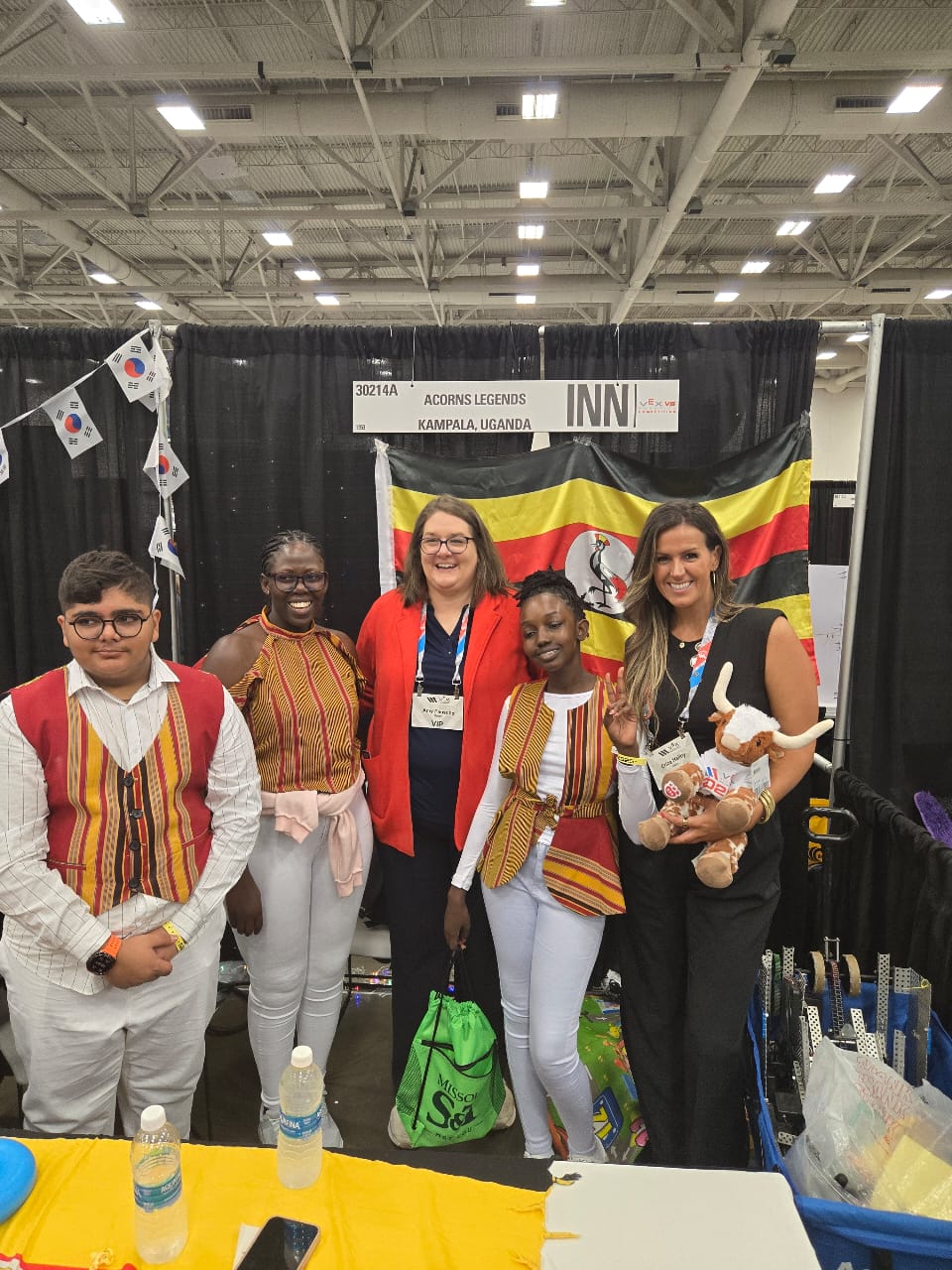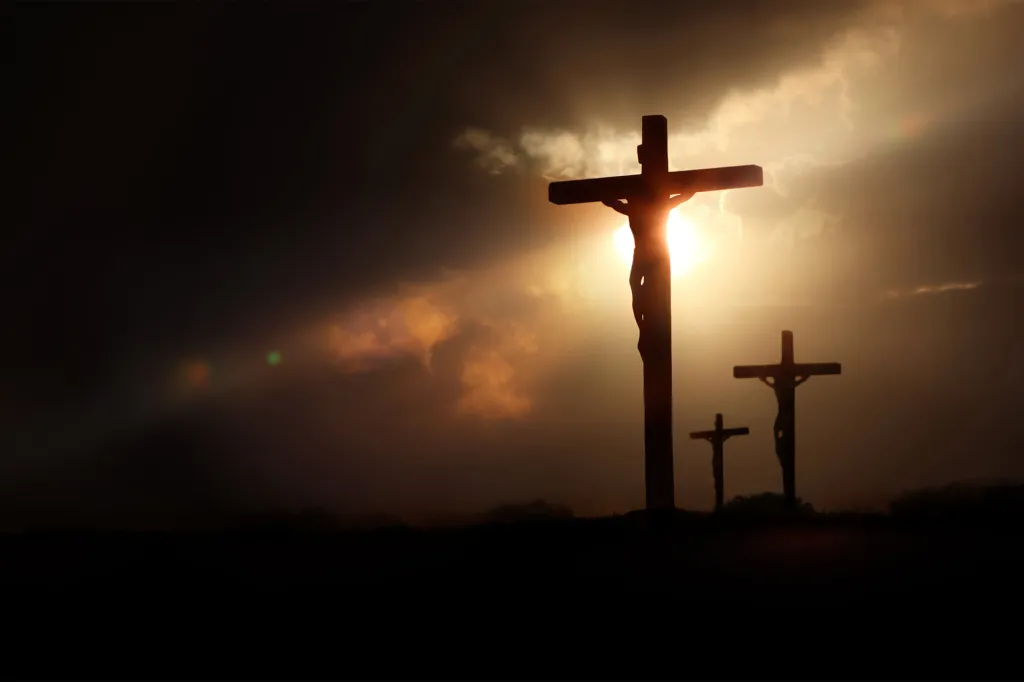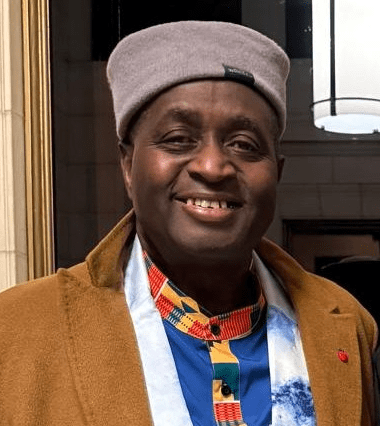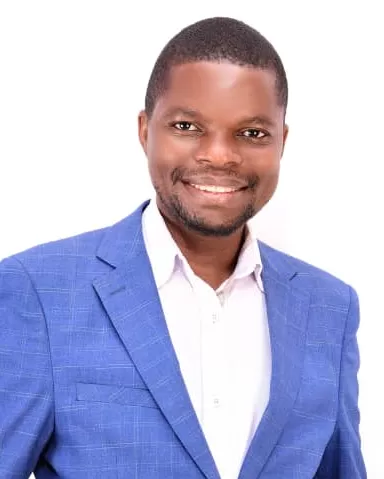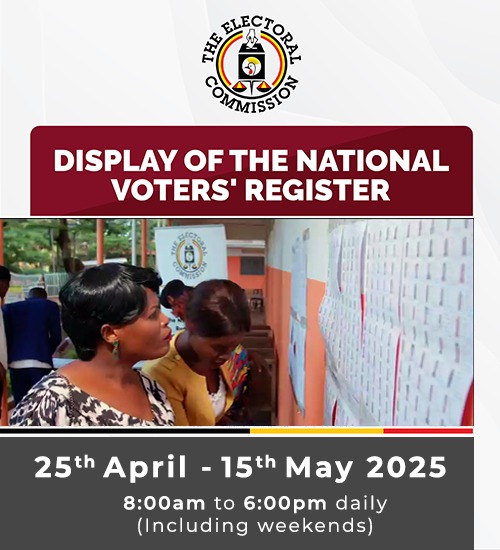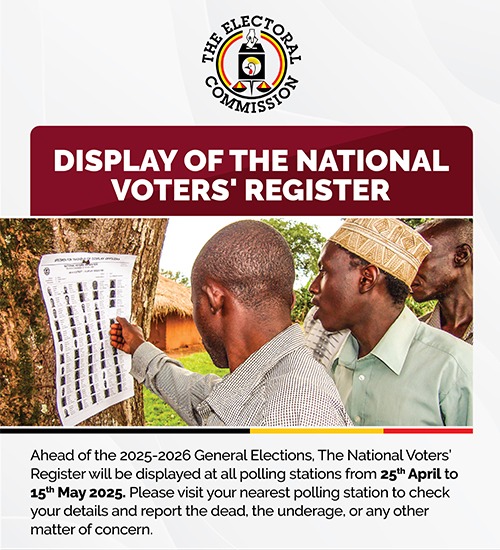Kampala, Uganda – Makerere University is abuzz with anticipation ahead of a public doctoral defense questioning the non-restoration of the thorny Ankole Kingdom.
Ms. Patience Akampurira, a Ph.D. student at the School of Liberal and Performing Arts (SLPA), is slated to defend her thesis this morning at 9:00 EAT.
Titled: “Politics of Non-Restoration of Ankole Kingdom in Uganda, 1962-2018,” she will defend her thesis from at the College of Humanities and Social Sciences’ Smart Room. Her supervisors are Prof. Sabiti Makara and Dr. Simon Peter Rutajuuka.
The dean of the school has invited all interested parties to the public defense of Ms. Akampurira, a dedicated scholar who embarked on this journey of exploration and discovery, a few years ago.
According to her abstract which ResearchFinds News has accessed via the College’s website, Ms. Akampurira’s groundbreaking research delves into the intricate politics surrounding the non-restoration of Ankole Kingdom in Uganda during the pivotal period from 1962 to 2018.

Her defence which will precede a possible award of a doctorate, promises to offer fresh insights into a historical chapter that has long intrigued scholars, historians, and Ugandans, particularly the Banyankore of Western Uganda.
Ms. Jane Anyango, the College’s Principal Communication Officer, announced yesterday that for those who are unable to attend in person, the event will be accessible virtually via Zoom Meeting Link: https://zoom.us/j/99993042478?pwd=Vm9MNWI3YlVxNTZockVXT1ByWGxLUT09
The meeting ID and Passcode are 999 9304 2478 and 953572 respectively.
The study:
Ms. Akampurira reveals in her abstract that while for decades, Uganda has witnessed the restoration of kingdoms and the recognition of traditional institutions, a question looms:
“Why has the Ankole Kingdom remained unrestored since 1993?” she asks.

Her groundbreaking study delving into the politics of non-restoration of the Ankole Kingdom has unveiled a tapestry of historical intrigue.
Using a qualitative approach anchored on the Great Man’s Theory, her research argues that the non-restoration of the Ankole Kingdom can be attributed to issues of legitimacy and leadership.
“It also invokes the concept of “Two Republics” to illuminate the intricate relationship between colonialism and traditionalism,” she writes.
In a comprehensive examination, the study explores the factors that compelled British colonialists to incorporate kingdoms during their rule and the tumultuous forces behind the abolition of kingdoms in Uganda.
It then takes a sharp focus on the post-colonial era, shedding light on why kingdoms were restored in Uganda, except for Ankole.
The Findings:
The findings of the study, which draws on archival records and oral sources, point to a complex web of historical dynamics.
One of the study’s key revelations is the profound impact of this historical mix on the politics and economy of Ankole, which exacerbated divisions between the Bairu and the Bahima communities.
“Social and economic disparities played a pivotal role in shaping cultural hegemony, rendering the restoration of Ankole Kingdom a formidable challenge,” her findings further show.
In a thought-provoking conclusion, her study contends that the non-restoration of the Ankole Kingdom is deeply rooted in the historical dynamics between the Bairu and Bahima, offering a unique perspective on the intricate interplay between traditional institutions and modern political systems in Uganda and beyond.
Why Ankole Kingdom Restoration remains a sticky issue

The non-restoration of the Ankole Kingdom in Uganda remains controversial for several complex and interconnected reasons
First, the Kingdom, like many other traditional kingdoms in Uganda, has a rich and deeply rooted historical significance. It played a crucial role in the pre-colonial and colonial eras, shaping the culture, governance, and identity of the Ankole people.
The kingdom’s history is intertwined with that of Uganda, making its restoration, or lack thereof a matter of historical and cultural complexity and importance.
Second, the traditional kingdoms in Uganda are often seen as symbols of cultural identity and heritage. The Ankole Kingdom represents a distinct cultural identity for the Banyankole people of western Uganda. Its non-restoration has been perceived as a threat to the preservation of this cultural identity, leading to concerns about the cultural erosion of the sub-ethnic group.
Third, the decision not to restore the Ankole Kingdom is viewed through a political lens. The politics surrounding the restoration of traditional kingdoms in Uganda are complex, and the Ankole Kingdom’s exclusion from this process keeps raising questions about the political motives and power dynamics at play.
Of particular importance has been the fact that the country’s ruling president is from the same region where is not expected to subordinate national authority before a cultural leader.
Fourth, the history of Ankole is marked by tensions and divisions between different ethnic groups, particularly the Bairu (farmers) and Bahima (cattle keepers). These historical divisions have influenced the dynamics of kingdom restoration, with some arguing against restoration due to concerns about exacerbating historical inequalities.
These reasons explain why during the constitutional-making exercise in 1993, the majority of Banyankore opposed its restoration, unlike other areas where the restoration of kingdoms received fervent support from their populations.
Thus, the legal status of the Ankole Kingdom and any potential constitutional barriers to its restoration, still contribute to the controversy.
Fifth, the restoration of a kingdom such as Ankole, can have social and economic implications, including questions about land ownership, resource allocation, and local governance. These issues have been contentious for decades and contribute to the controversy surrounding kingdom restoration.
Study Contribution
As the debate over the fate of the Ankole Kingdom continues, this study adds a valuable layer to the ongoing discourse, offering fresh insights into a chapter of Uganda’s history that remains a subject of deep fascination and scrutiny.
About The Author
Arinaitwe Rugyendo
Rugyendo is the Founder and Editor-in-Chief of ResearchFinds News. He’s an accomplished journalist with a rich background in the media industry in Uganda. With over two decades of experience, Rugyendo has held various roles including cab reporter, Bureau Chief, Managing Editor, and Digital Media Editor at renowned publications such as Daily Monitor and Red Pepper. Throughout his career, he has demonstrated a commitment to delivering high-quality journalism and staying at the forefront of media trends. In addition to his journalistic pursuits, Rugyendo is currently pursuing a Ph.D. in Journalism and Communication at Makerere University. He has been recognized for his outstanding leadership and commitment to social change as a Desmond Tutu Fellow and Crans Montana New Leader. Rugyendo also serves as the Chairman of Young Engineers Uganda and Uganda Premier League, showcasing his dedication to promoting excellence and growth in various fields. With a passion for driving innovation and pushing boundaries in media, Rugyendo continues to make significant contributions to the industry. His vast experience, academic pursuits, and leadership roles make him a respected figure in the Ugandan media landscape.


